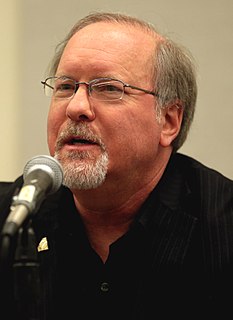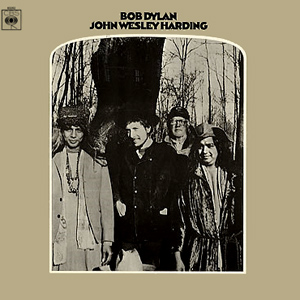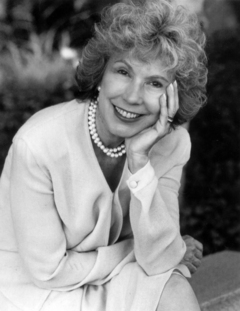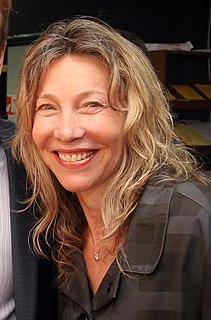A Quote by Pico Iyer
Writing is, in the end, that oddest of anomalies: an intimate letter to a stranger.
Related Quotes
Darling, You asked me to write you a letter, so I am writing you a letter. I do not know why I am writing you this letter, or what this letter is supposed to be about, but I am writing it nonetheless, because I love you very much and trust that you have some good purpose for having me write this letter. I hope that one day you will have the experience of doing something you do not understand for someone you love. Your father
The absurdity of public-choice theory is captured by Nobel Prize-winning economist Amartya Sen in the following little scenario: "Can you direct me to the railway station?" asks the stranger. "Certainly," says the local, pointing in the opposite direction, towards the post office, "and would you post this letter for me on your way?" "Certainly," says the stranger, resolving to open it to see if it contains anything worth stealing.





































